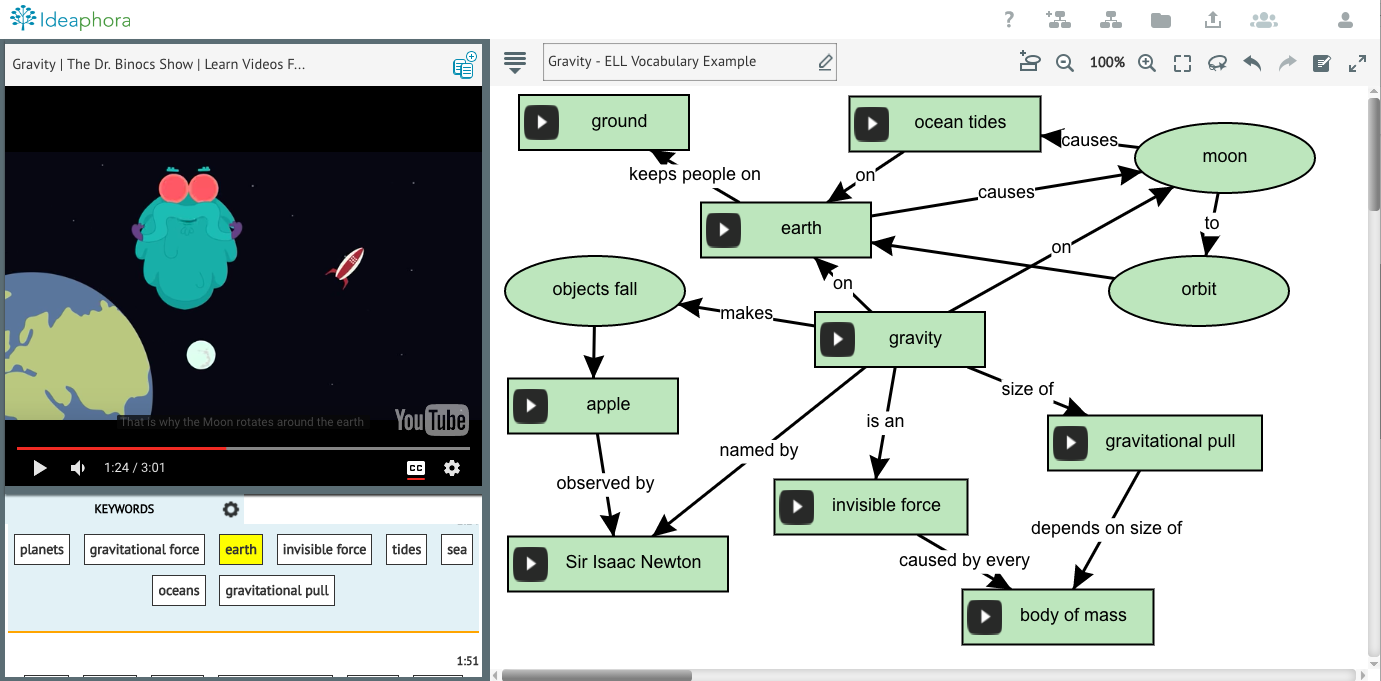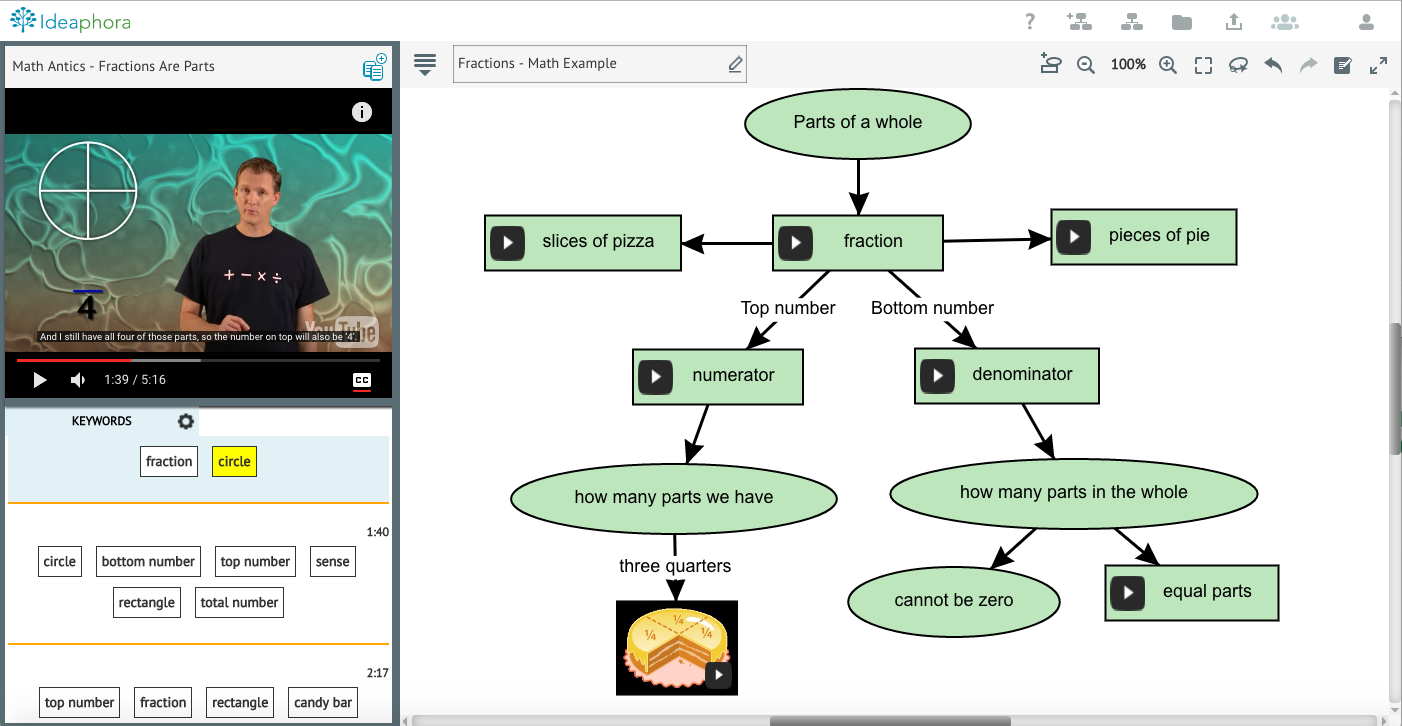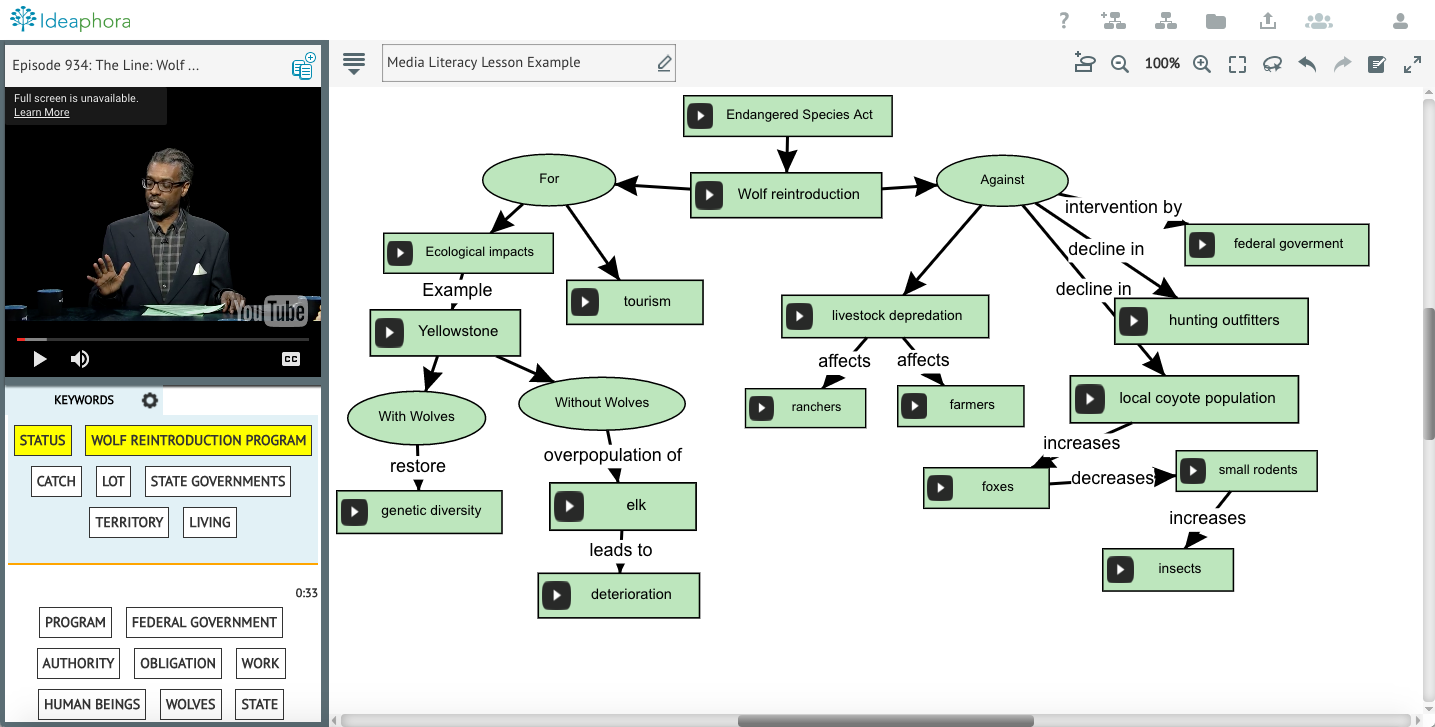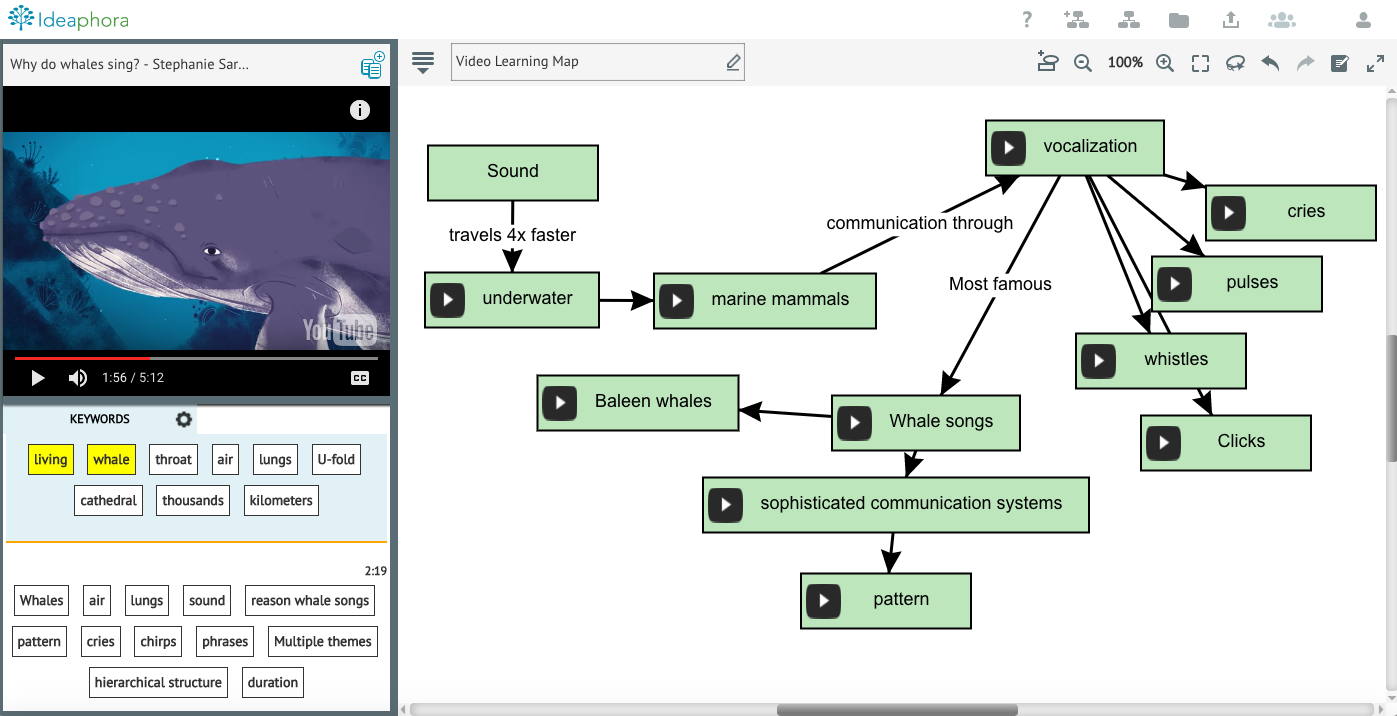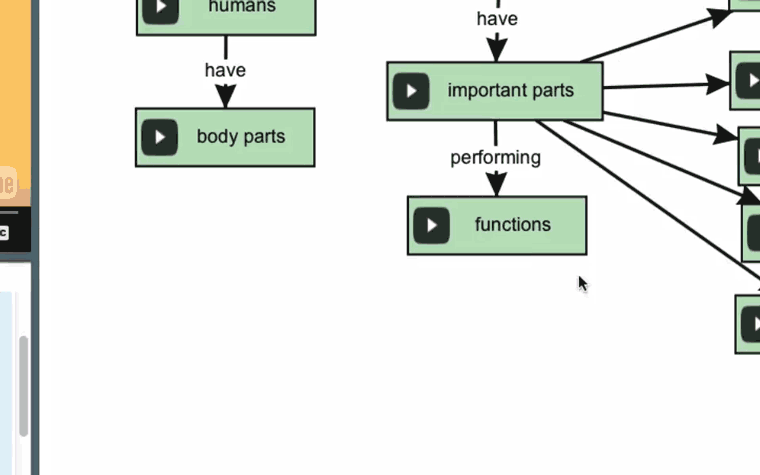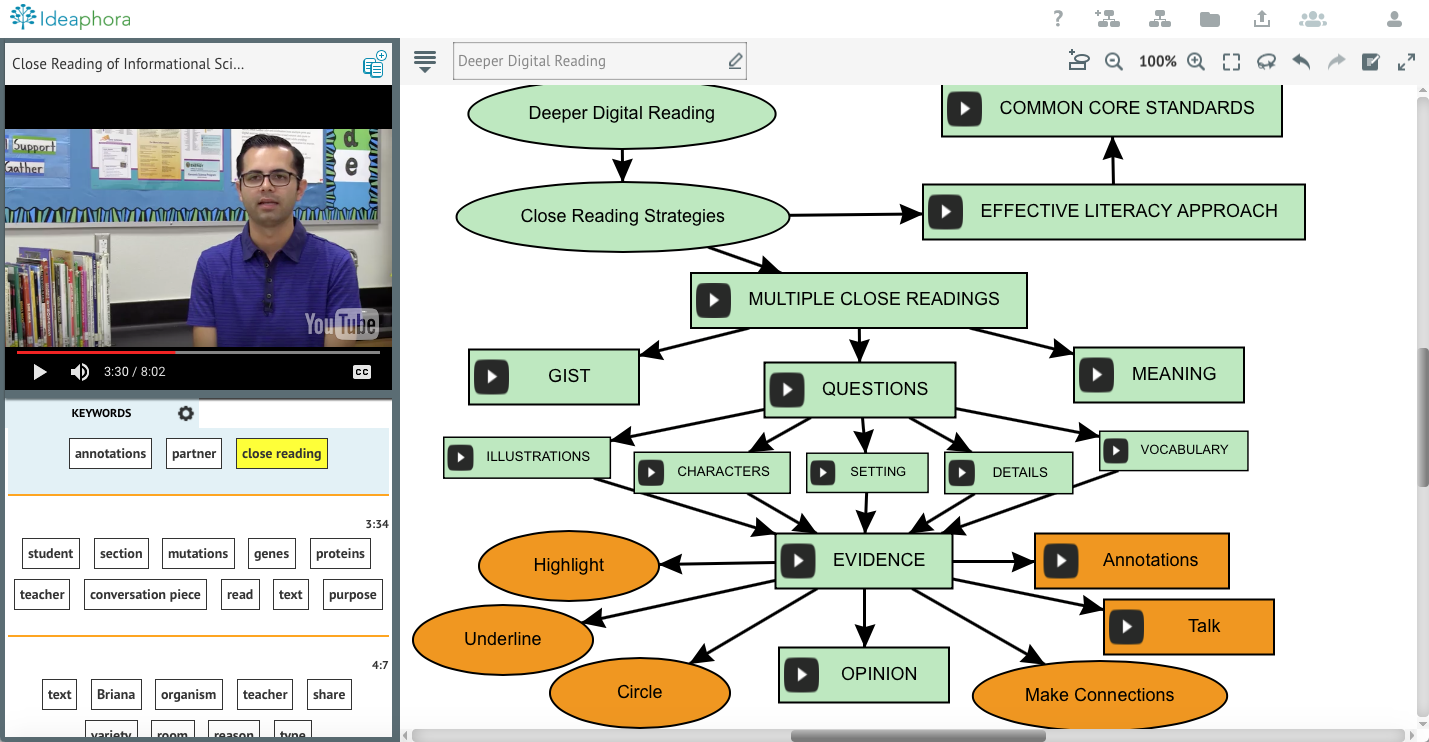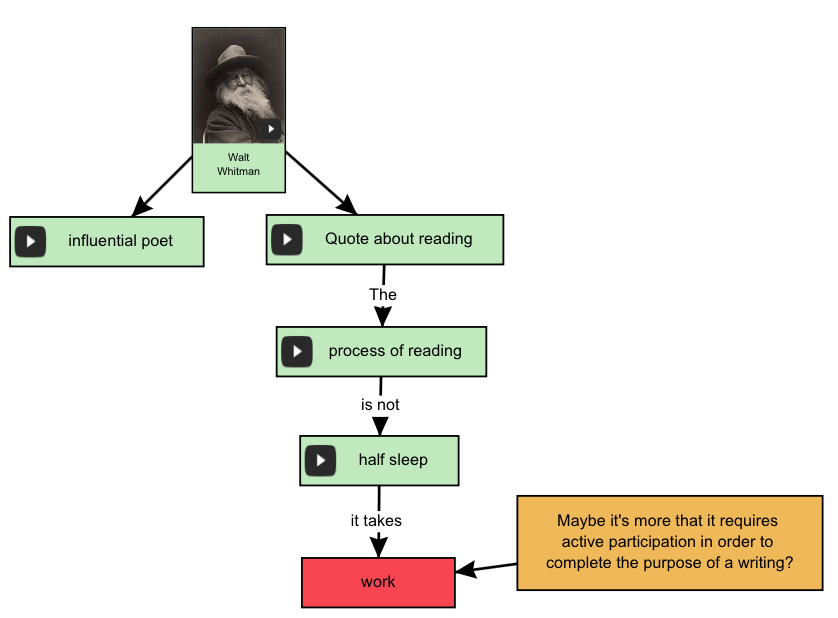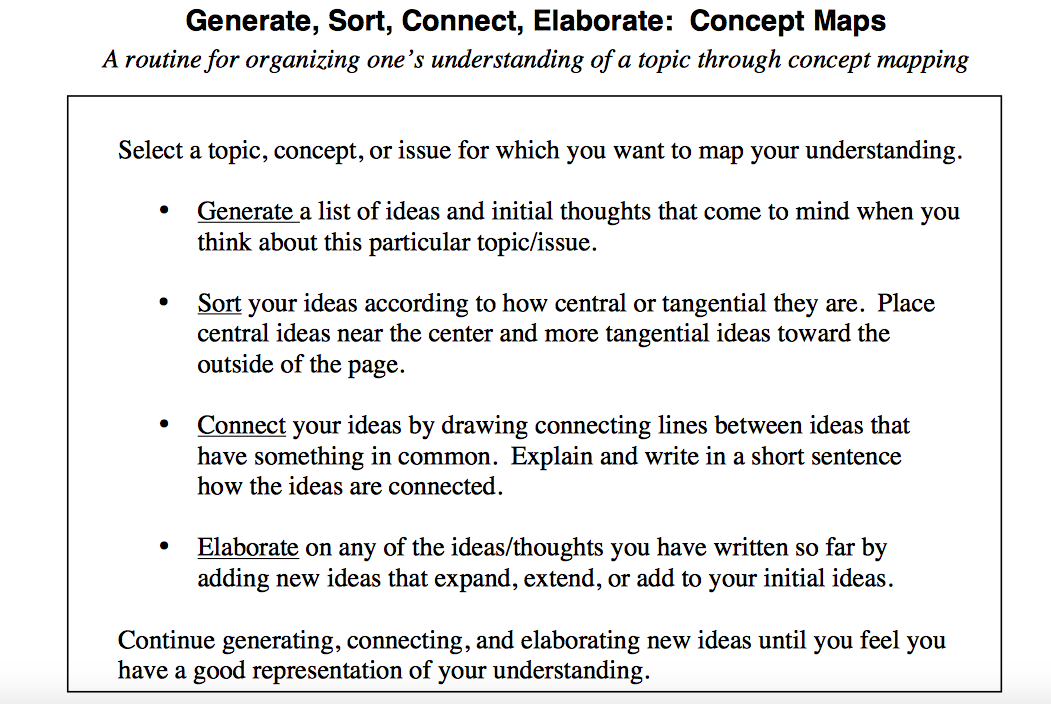This year marked several milestones for Ideaphora - we launched our product out of beta with versions for individual and classroom use. We also have more than 175 classroom pilots in progress. Over the course of 2016, we've shared numerous updates, concept mapping strategies and tips for using Ideaphora with learners of all ages, but our blog readers responded most to the articles listed below. While these posts spanned various subject areas and instructional strategies, they all had one thing in common. They illustrate that concept mapping is an increasingly critical in the age of digital learning as educators prepare students for the college and future careers.
Concept Mapping Strategies for ELL Instruction
As the fastest growing student population in America’s schools, English Language Learners are critical to America’s future economic and civil prosperity. While the achievement gap between native and non-native English speaking students has narrowed, a social and academic chasm persists. Concept mapping is an effective strategy for educators to use to support language learners and prepare them for success in school and beyond.
Mapping Math
Concept mapping in math is often overlooked yet it can significantly deepen students’ understanding of mathematical concepts, particularly those that are complex or hard-to-understand.
According to authors Pamela Grossman, Alan Schoenfeld, and Carol Lee, writing in the book, Preparing Teachers for a Changing World: What Teachers Should Know and Be Able to Do, mathematics education should focus on helping students learn when a particular approach is useful and how to apply appropriately, which greatly depends on robust understandings of concepts. They state, “robust understandings come from seeing the same concepts from multiple perspectives and representing and using them in multiple ways, thereby developing connected webs of understanding rather than rote memorization of facts and procedures. Common Core and other state standards require students learn math concepts as rigorously as they learn skills and fluency, necessitating a shift from past teaching practices. Students must be able to access concepts from a number of perspectives in order to see math as more than a set of mnemonics or discrete procedures.
The Case for Media Literacy Today
Fake news sites. Post-truth politics. Media fragmentation. In the digital age, it’s arguably more important than ever for students to develop new literacy skills. These skills are critical for students to be successful not only in college and in future careers but also in civic and economic life.
According the National Association for Media Literacy Education (NAMLE): “To become a successful student, responsible citizen, productive worker, or competent and conscientious consumer, individuals need to develop expertise with the increasingly sophisticated information and entertainment media that address us on a multi-sensory level, affecting the way we think, feel, and behave.”
Students Rely on Textual Support When Learning with Videos
Campus Technology reports that a study conducted by the Oregon State University Ecampus Unit found that a majority of students use video captioning and transcripts to support their learning. The study showed that students with a diverse range of abilities can benefit from tools that aid focus, comprehension and retention when viewing videos.
Honored to be Honored
2016 has been an eventful year for Ideaphora, with the launch (out of beta) of our online concept mapping environment for individuals and for classrooms as well as additional investment from our partner, BrainPOP®. Now, Ideaphora is being honored for distinction among its edtech peers.
Bringing Greater Focus to Thinking and Learning
As we noted in a previous blog post, an engaging, distraction-free digital learning environment is critical to student comprehension and academic performance. To that end, Ideaphora has added new enhancements to its online concept mapping platform to offer even greater convenience and time-savings, and further minimize disruptions to students’ thinking and learning while they interact with digital content.
The Next Chapter: Deeper Engagement in Digital Reading
Due to their cost-effectiveness and convenience, digital texts are becoming as popular inside classrooms as they are outside school walls. Students will increasingly encounter digital text in their academic, personal and professional lives, so it's imperative they learn how to read proficiently in both print and digital formats.
A growing body of research indicates students read differently online than they do in print. Students tend to consume ebooks and other digital materials, such as online articles and videos, passively, skimming the material rather than deeply engaging with it. Studies have shown students' comprehension suffers when reading online. Research by the Schugars, the Joan Ganz Cooney Center, and others, as detailed by Education Week, indicate that the same attributes of ebooks that increase students' motivation to read also create distractions for students, affecting the way they read.
Reading is a Verb
This post is written by Mary Chase, Ph.D., an expert in curriculum design, literacy education, and technology integration.
In 1871, the poet and thinker Walt Whitman wrote:
… the process of reading is not a half sleep, but, in highest sense, an exercise, a gymnast's struggle; that the reader is to do something for himself, must be on the alert, must himself or herself construct indeed the poem, argument, history, metaphysical essay—the text furnishing the hints, the clue, the start or frame-work. Not the book needs so much to be the complete thing, but the reader of the book does. That [would result in] a nation of supple and athletic minds, well-train'd, intuitive, used to depend on themselves, and not on a few coteries of writers.
When we picture a reader, we imagine a person leaning over a text, still and silent. However, if we could peek into the reader’s “thought bubble,” we’d see instead someone wrestling with ideas, leaping between past experience and new applications, and dismantling words and phrases. Reading isn’t a passive endeavor.
Investigating Students Thinking About Thinking
The Harvard Graduate School of Education’s Project Zero defines Visible Thinking as “a flexible and systematic research-based conceptual framework, which aims to integrate the development of students' thinking with content learning across subject matters.” The Project has distilled this framework into several thinking routines that are simple protocols for exploring ideas and make students thinking visible. Teachers are encouraged to integrate these routines into daily classroom life and use them with their students to extend and deepen their thinking. These easy-to-learn mini-strategies are focused on four "thinking ideals" – understanding, truth, fairness, and creativity.


